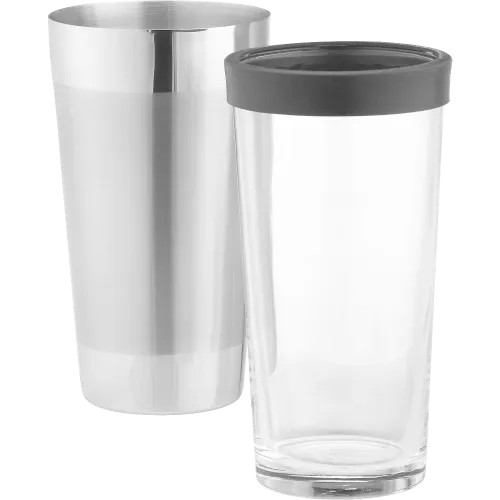
Safety Guidelines for Purchasing Cast Iron Products from China Online
Is Cast Iron from China Safe? A Comprehensive Analysis
Cast iron has long been a favored material for cookware, construction, and industrial applications due to its excellent heat retention, durability, and versatility. Recently, a growing number of consumers and industries have turned to China for cast iron products, owing to the country’s advanced manufacturing capabilities and competitive pricing. However, concerns about safety and quality often arise when sourcing materials from overseas, particularly from regions with varying regulatory standards.
Understanding Cast Iron and Its Applications
Cast iron is an iron-carbon alloy that is known for its high wear resistance and excellent mechanical properties. Commonly used in kitchenware such as skillets, Dutch ovens, and griddles, cast iron's ability to develop a natural non-stick surface when seasoned properly makes it highly sought after by both home cooks and professional chefs. Beyond cookware, cast iron is also used in piping, automotive parts, and heavy machinery, highlighting its importance in various industries.
Quality Control in Chinese Manufacturing
The manufacturing sector in China has evolved significantly, with many factories adhering to international standards. However, the quality of cast iron products can vary immensely depending on the manufacturer. It is essential to research specific brands and producers, looking for certifications and compliance with safety standards such as ISO 9001 for quality management systems and ASTM International standards for materials.
Additionally, reputable manufacturers often undergo third-party inspections to ensure their products meet safety and quality benchmarks. Consumers should prioritize sourcing from these manufacturers, as they are more likely to produce cast iron products that are safe for use.
Health Concerns Chemical Leaching
cast iron from china safe

One major concern regarding cast iron cookware is the potential for chemical leaching. While cast iron itself is generally safe, some manufacturers have used inferior materials that might introduce harmful contaminants during the production process. For instance, substandard casting processes can lead to the inclusions of lead or cadmium, both harmful to human health.
To mitigate these risks, consumers should look for products that disclose their material contents and production methods. Purchasing cast iron cookware from well-known brands or directly from reputable retailers can greatly minimize the chances of acquiring unsafe products.
Rust and Maintenance
One of the notable challenges with cast iron is its susceptibility to rust if not properly maintained. Rust can create an unsanitary cooking surface, and while it can typically be scrubbed clean, some consumers worry about the implications of consuming food prepared in rusted cookware. Choosing enameled cast iron can be a safer alternative, as it does not require seasoning and is generally resistant to rust and staining.
Consumer Awareness
To ensure safety when purchasing cast iron products from China, consumers should engage in thorough research. Online reviews, product ratings, and testimonials can provide valuable insights into the quality and safety of specific brands. Additionally, reaching out to manufacturers with questions about their quality control processes can help clarify any concerns about sourcing products from China.
Conclusion
While cast iron from China can be safe and high-quality, it is crucial for both consumers and businesses to be vigilant. By choosing reputable manufacturers, verifying certifications, and being aware of potential health risks, one can enjoy the benefits of cast iron products without compromising safety. As with any purchase, due diligence is key to ensuring a safe and satisfying experience with cast iron cookware and products from China.
-
Premium Skillets Sets - Porcelain & Enamel Covered Cast Iron Cookware for Every KitchenNewsJun.24,2025
-
Premium Deep Cast Iron Pan – Versatile Enameled & Grill Options, Perfect for Frying and SaucesNewsJun.10,2025
-
Chipped Enamel Dutch Oven – Durable & Stylish Kitchen Essential for Even CookingNewsJun.10,2025
-
Best Cast Iron Cookware Set Sale Durable Pots & Woks DealsNewsJun.09,2025
-
Hanging Dutch Oven Oven Safe & Lid IncludedNewsJun.09,2025
-
16 Inch Dutch Oven - Heavy Duty Cast Iron for Large MealsNewsJun.09,2025


